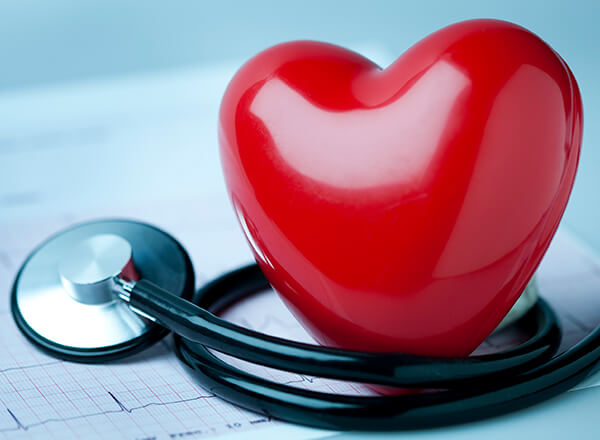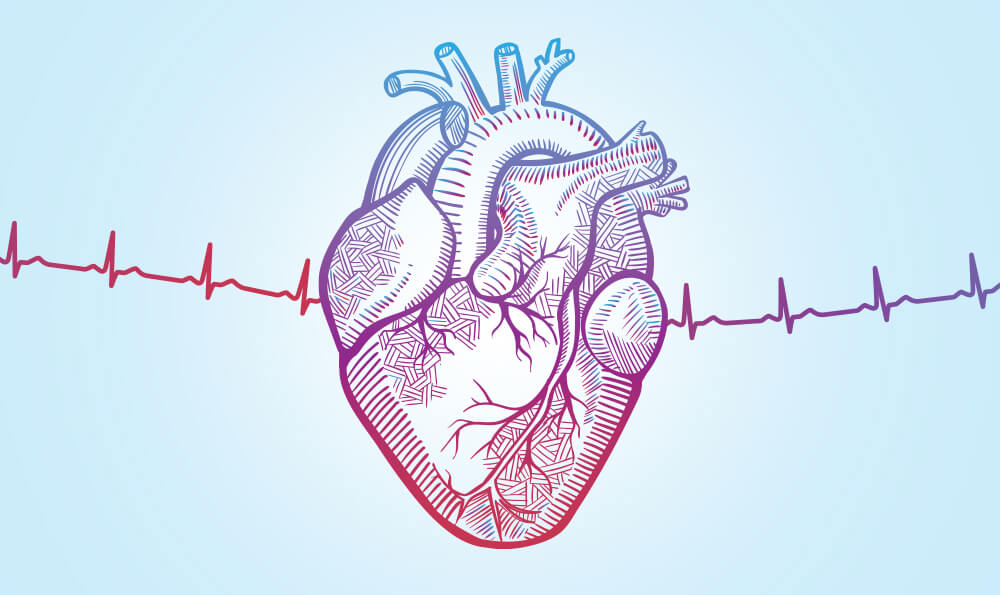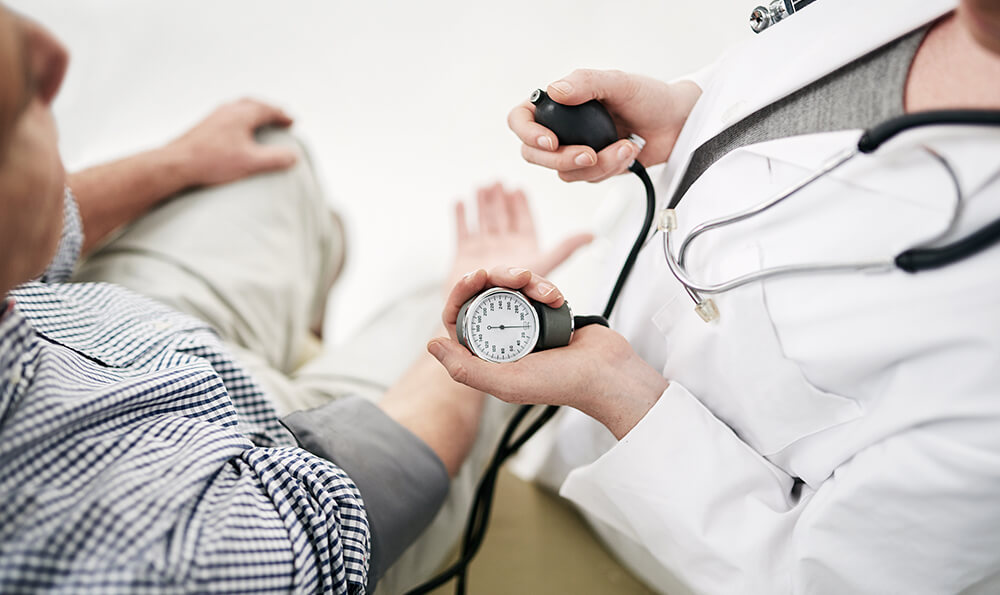Cardiology & Vascular Medicine
Never before has the need to solve the problem of heart disease been greater. As the leading cause of death in Ohio, heart disease affects one in three people and creates daily struggles for too many patients and their families.
Board-certified cardiologists are part of the team at Memorial that provides diagnostic testing, interventional services, advanced treatments, medication management assistance, educational programming, and cardiac rehabilitation.
Highlights of Memorial Hospital’s Cardiovascular program include
- A single location center of excellence devoted to outstanding cardiovascular care.
- A multi-use catheterization lab for cardiac and peripheral vascular work.
- A Level II Cardiac Catheterization Lab that offers emergent and interventional solutions:
- Including balloon angioplasty and stent placement for blocked arteries, irregular heartbeats, and coronary heart disease.
- Patients have access to emergency heart care, with an interventional cardiologist and cardiac team available 24 hours a day, seven days a week.
- Implantation of pacemakers and other cardiac rhythm devices.
- An enhanced diagnostic care center outfitted with the latest technologies.
Memorial Hospital is partnered with the nationally ranked Ohio State University Wexner Medical Center, giving a promise to the people of our region. The Heart Partnership puts state-of-the-art prevention, diagnostic, and treatment delivery systems alongside expert physicians to deliver comprehensive care.

Diagnostic Cardiovascular Services
- Heart catheterization
- Evaluation of blood flow to the upper body, legs, and kidneys
- Cardiac or Trans-Esophageal Echocardiograms (TEE)
- Venous reflux studies to identify varicose veins and insufficiencies
- Variety of stress tests ranging from regular treadmills to nuclear and ultrasound imaging
- Device clinic to evaluate pacemaker function and battery life
Interventional Cardiovascular Services
- Cardiac stenting to open blocked arteries in the heart
- Implantation of stents in the upper body, legs, or renal arteries of the kidneys to improve blood flow
- Surgical insertion of vascular filters to prevent life-threatening blood clots
- Surgical implantation of pacemakers, defibrillators, event recorders, and battery replacements
- Venous ablation (radiofrequency) therapy to treat leg pain, varicose veins, or non-healing open wounds or ulcers
Outpatient Cardiology Procedures
- Cardioversion to restore a heartbeat to a normal rhythm by applied electrical shock
- Trans-Esophageal Echocardiogram (TEE) ultrasound imaging of the heart, with or without cardioversion
- Tilt Table Testing to evaluate patients with dizziness and fainting spells
Risk Factors for Heart Disease
Are you affected? What about your loved ones? Are you at risk? Risk factors include
-
- Smoking
- High LDL, or “bad” cholesterol and low HDL, or “good” cholesterol
- Uncontrolled hypertension (high blood pressure)
- Physical inactivity
- Obesity
- Uncontrolled diabetes
- Uncontrolled stress and anger
Heart Health Risk Assessment
Whether you are 25, 85, or somewhere in between, understanding your heart health is important. Take a free online heart health risk assessment today!
During this 5-minute assessment, you will be asked questions about your health, lifestyle, and family history (or that of the person for whom you are taking the assessment).
Once completed, you will be provided with a free, detailed risk report with personalized information and offers based on your answers.

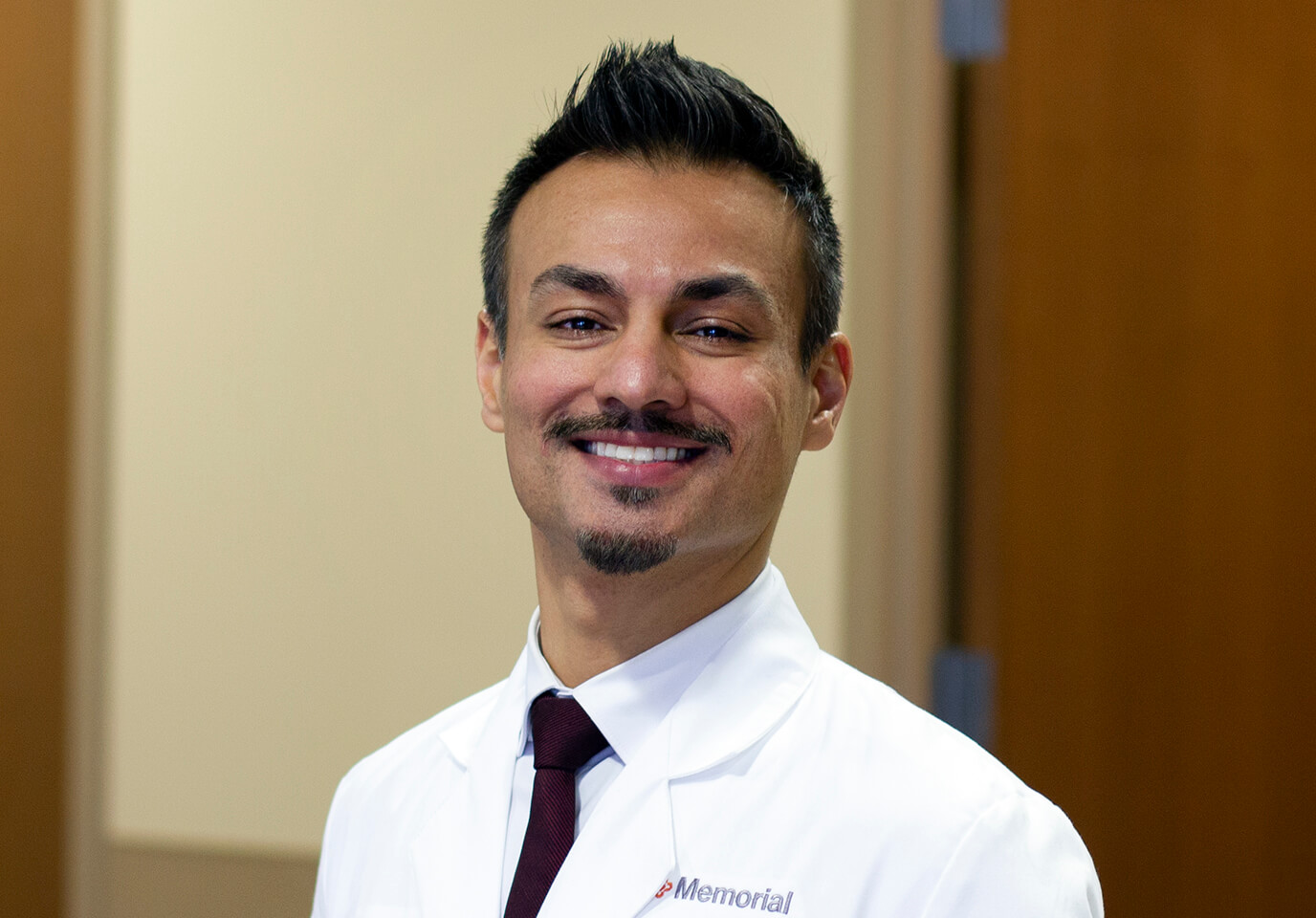

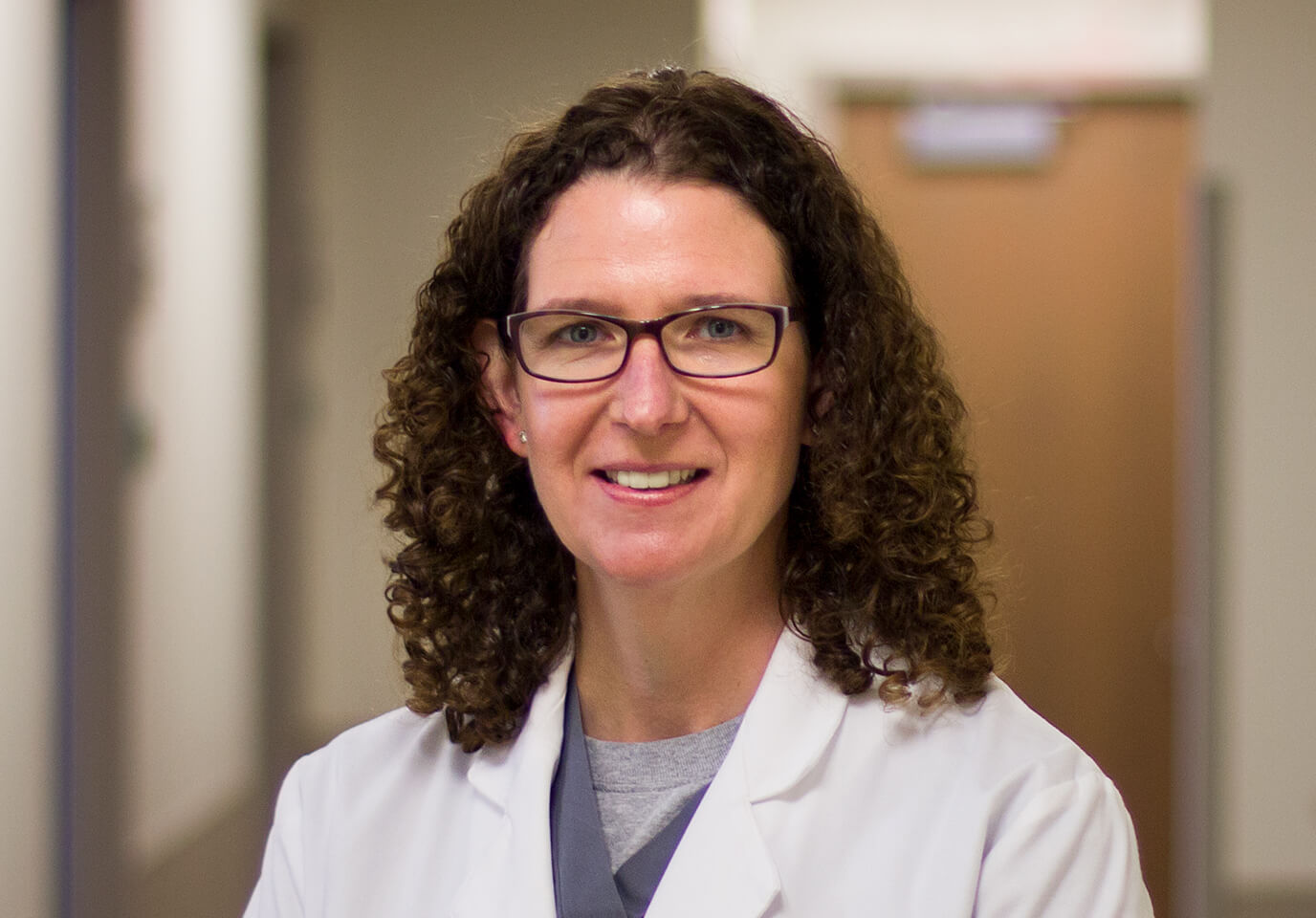
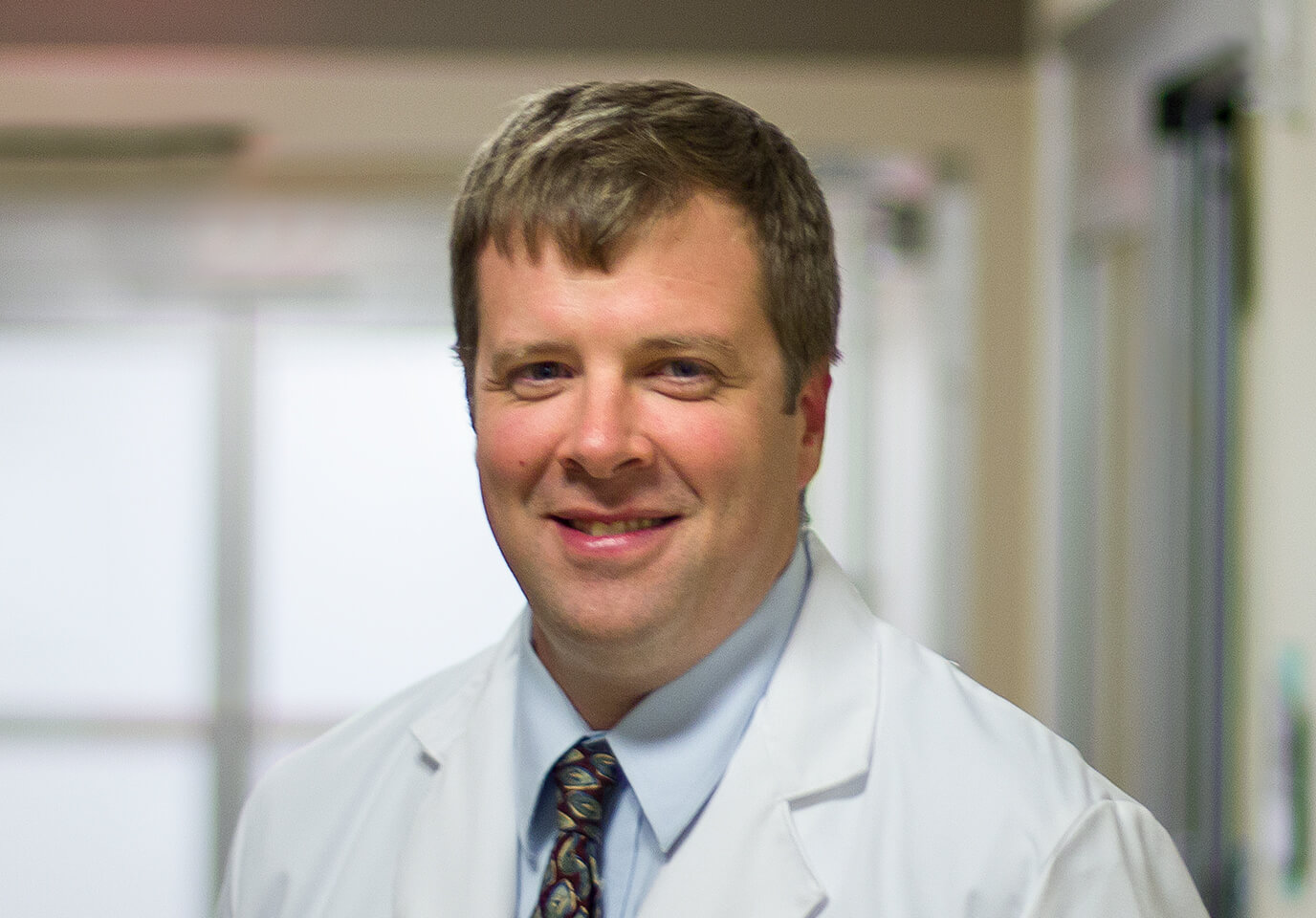
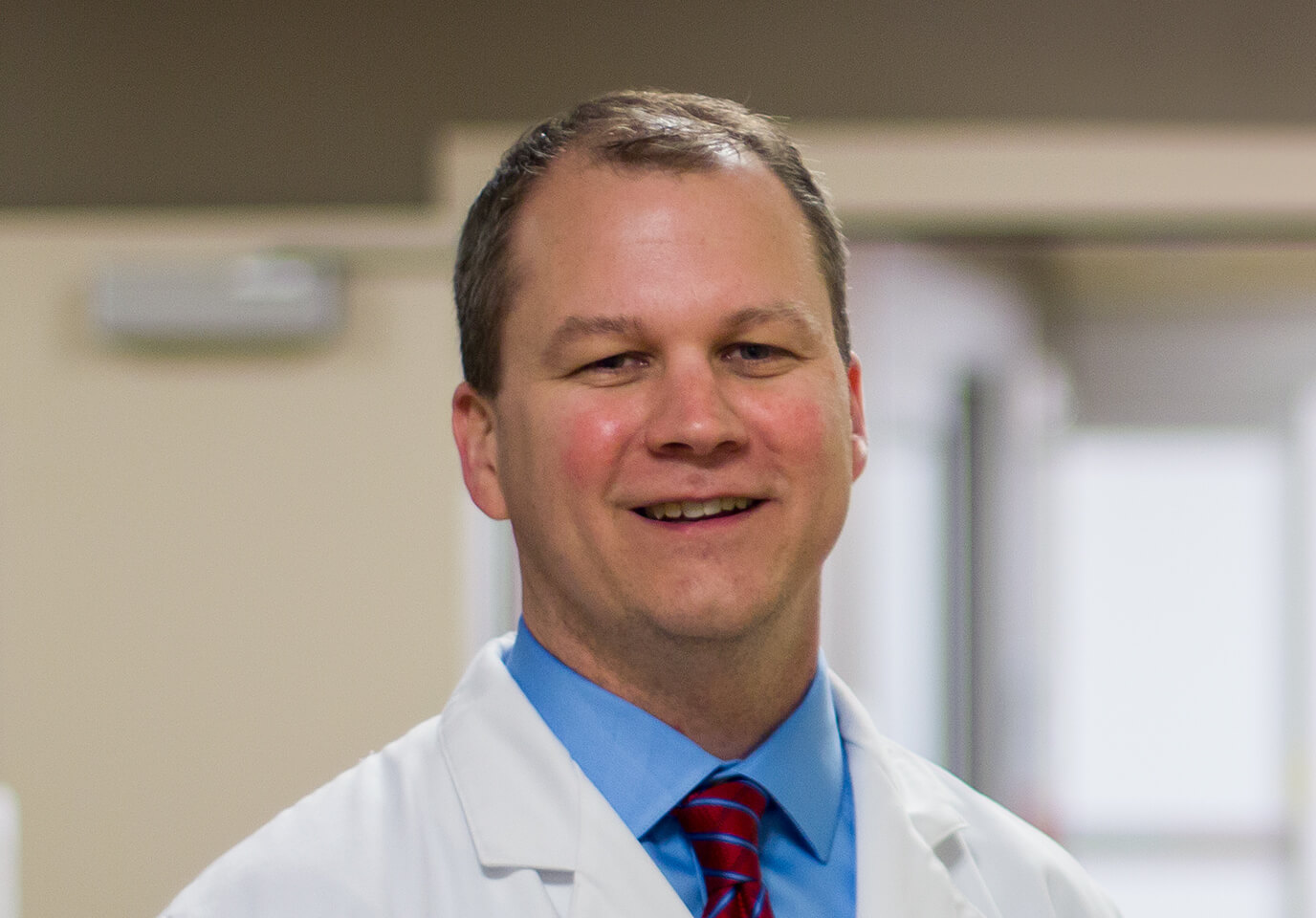
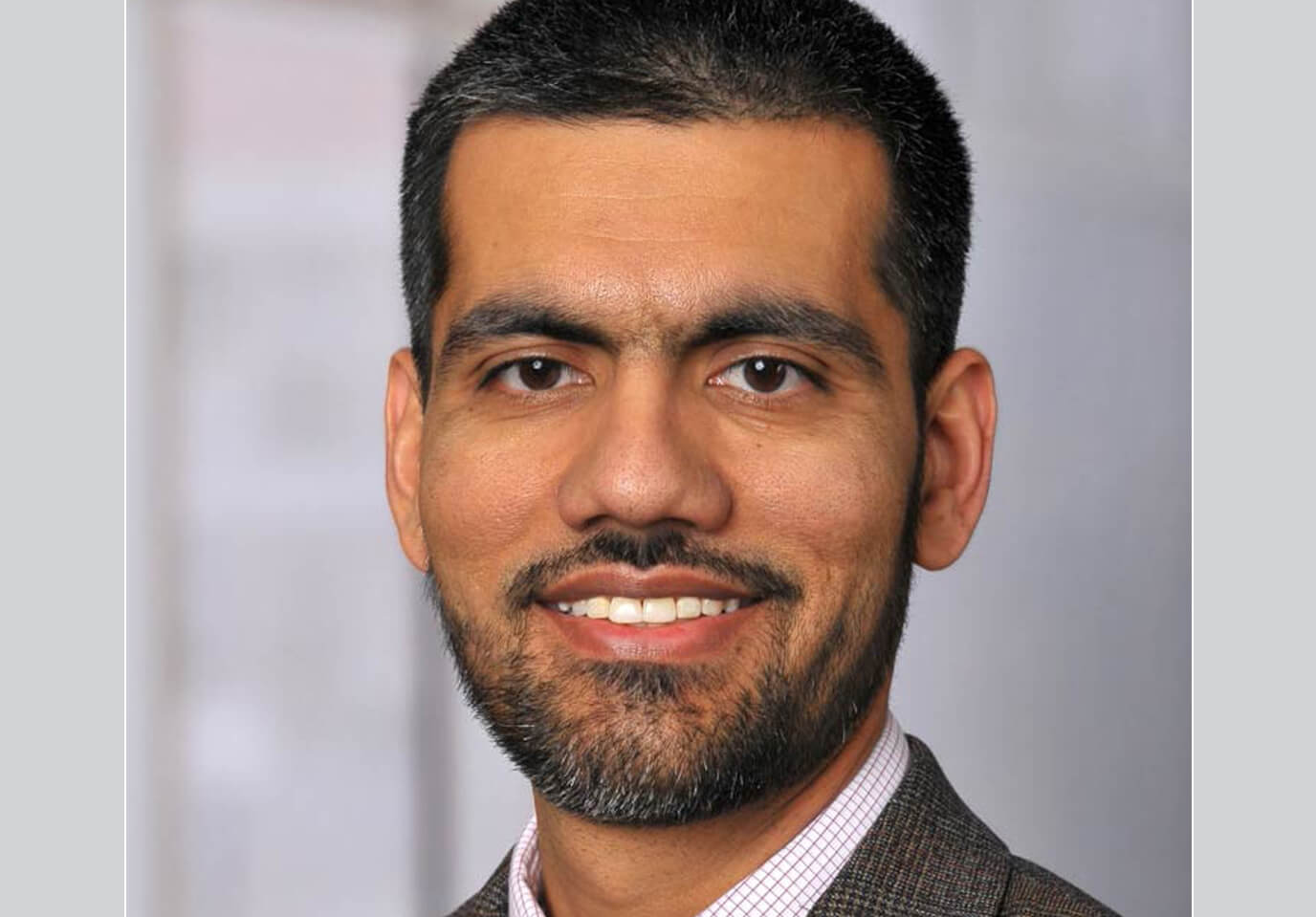
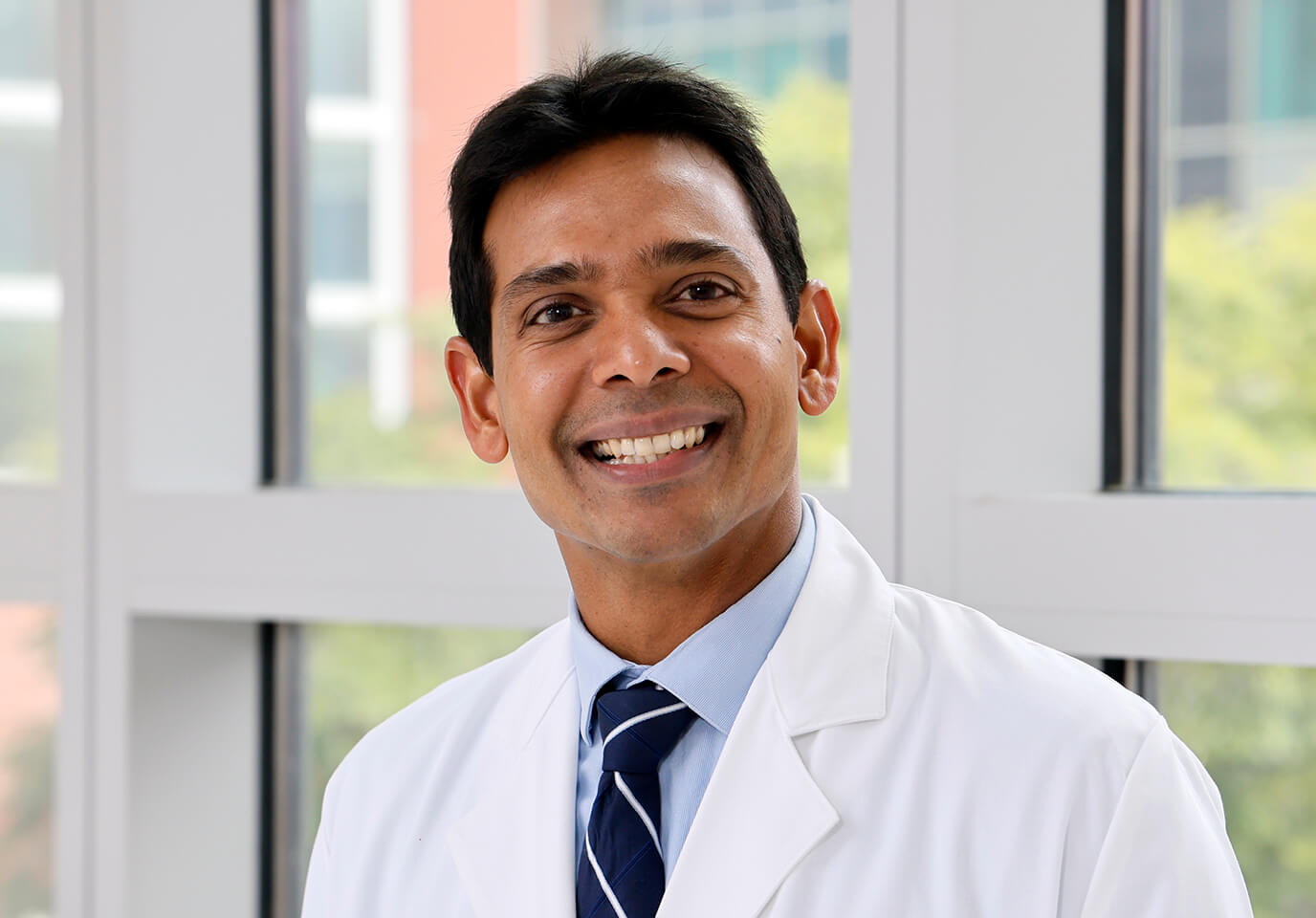
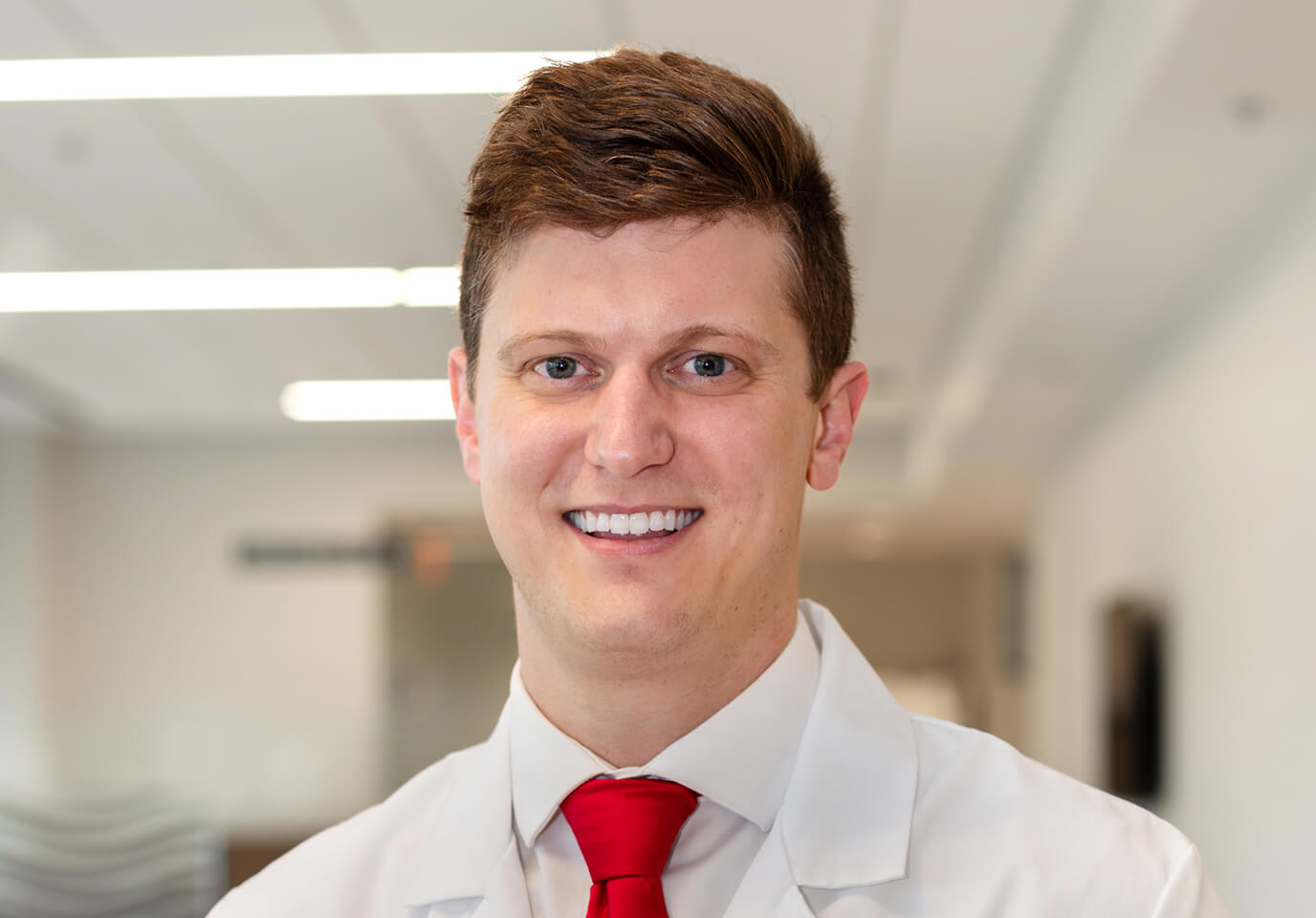

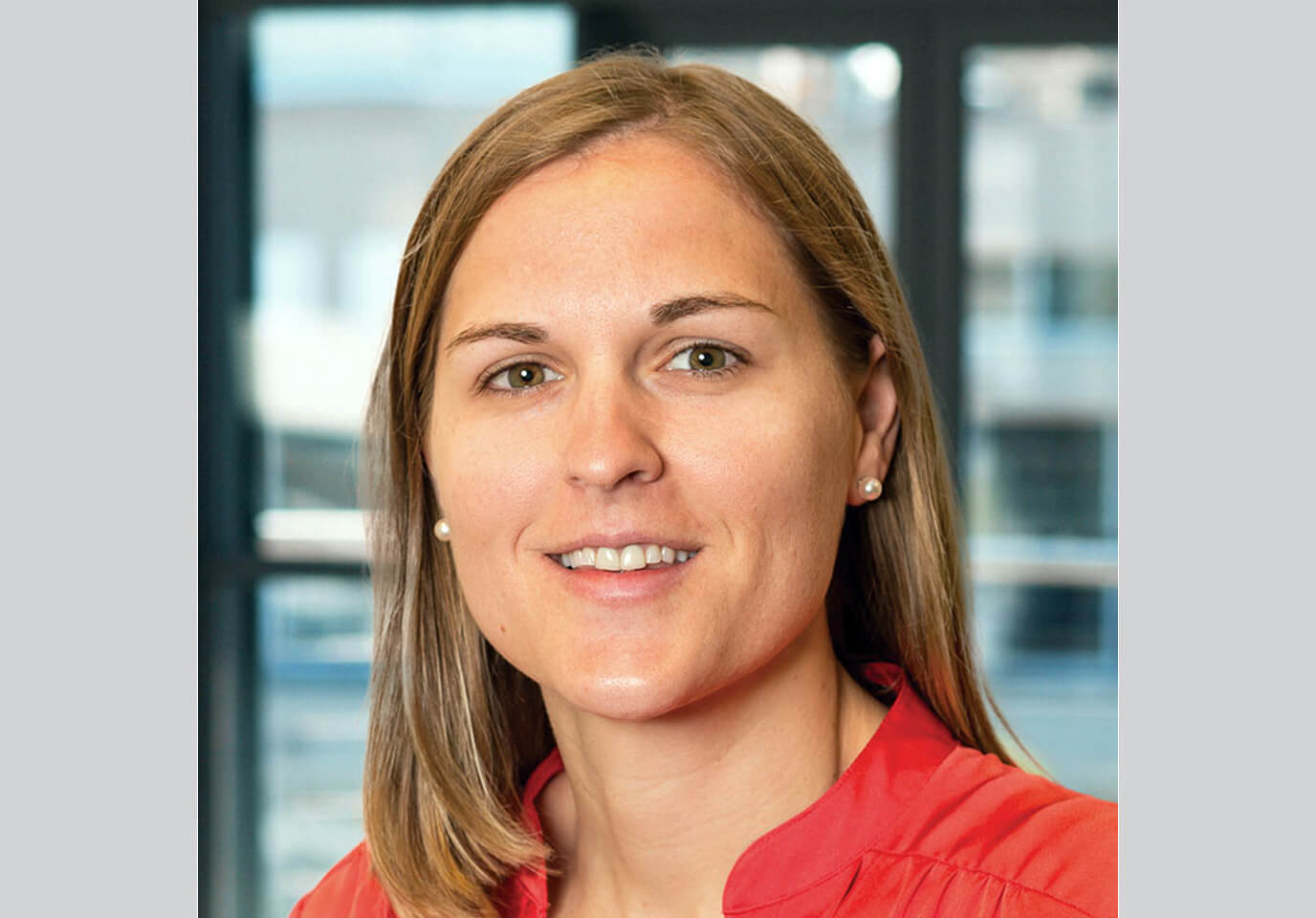
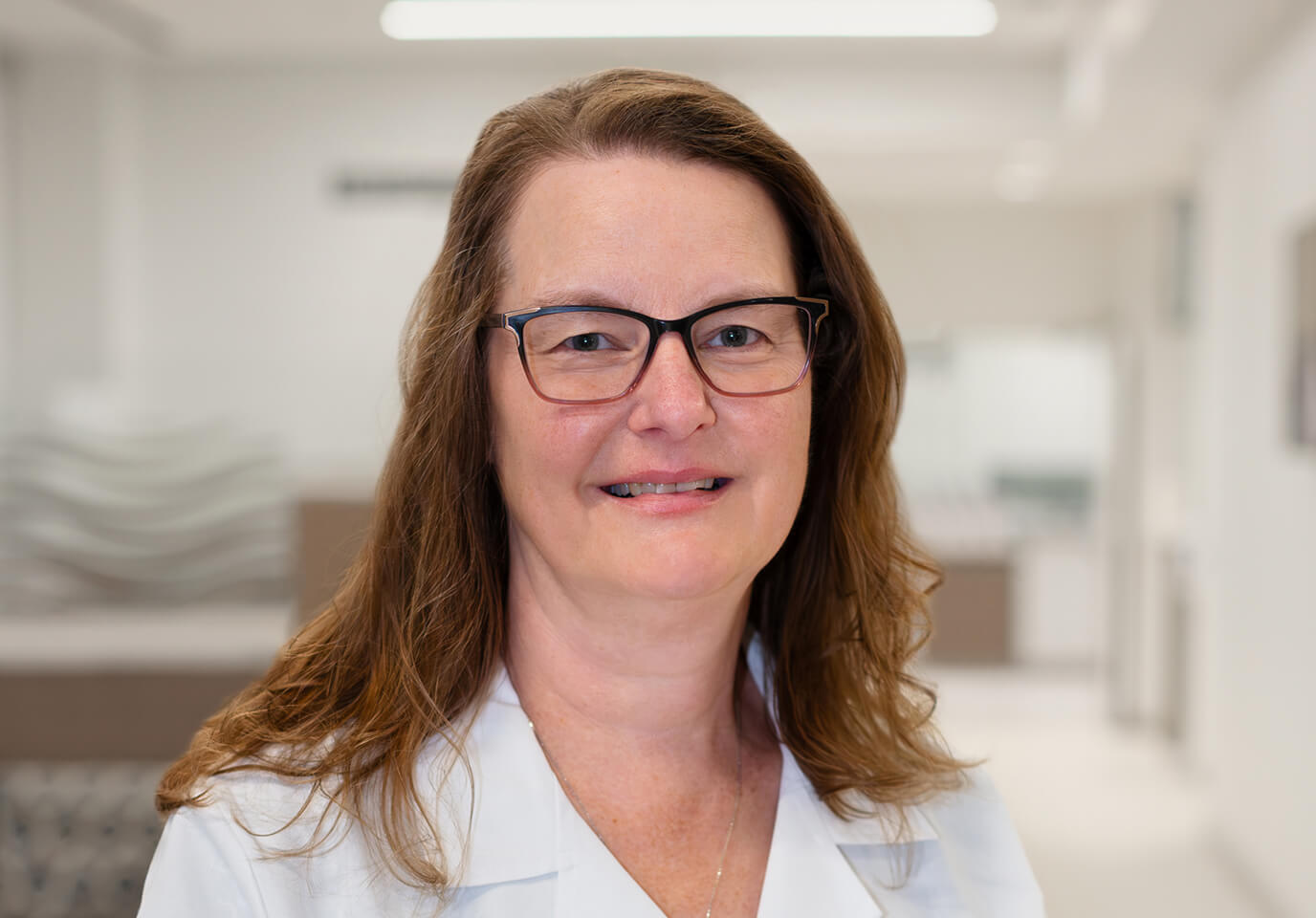


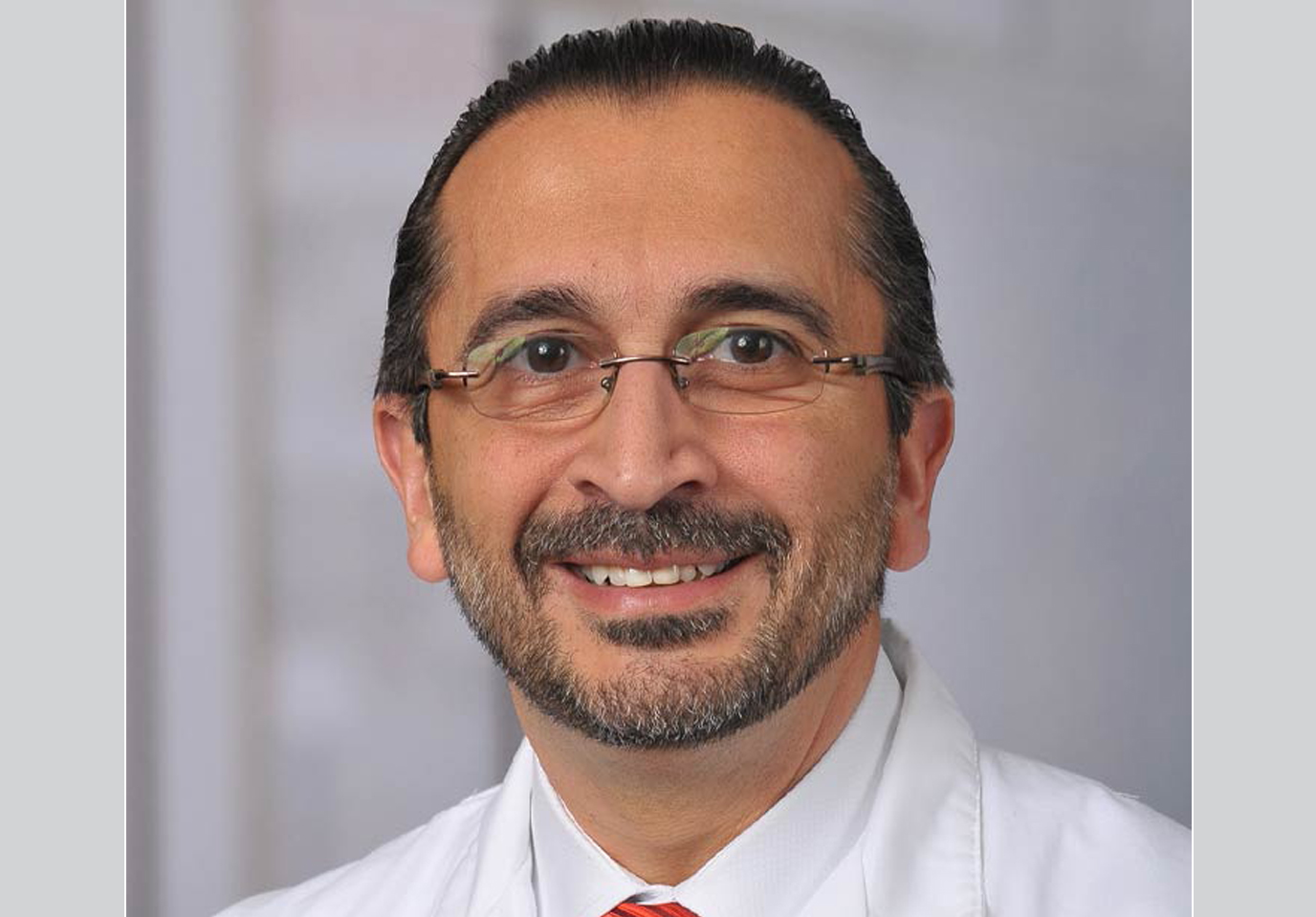
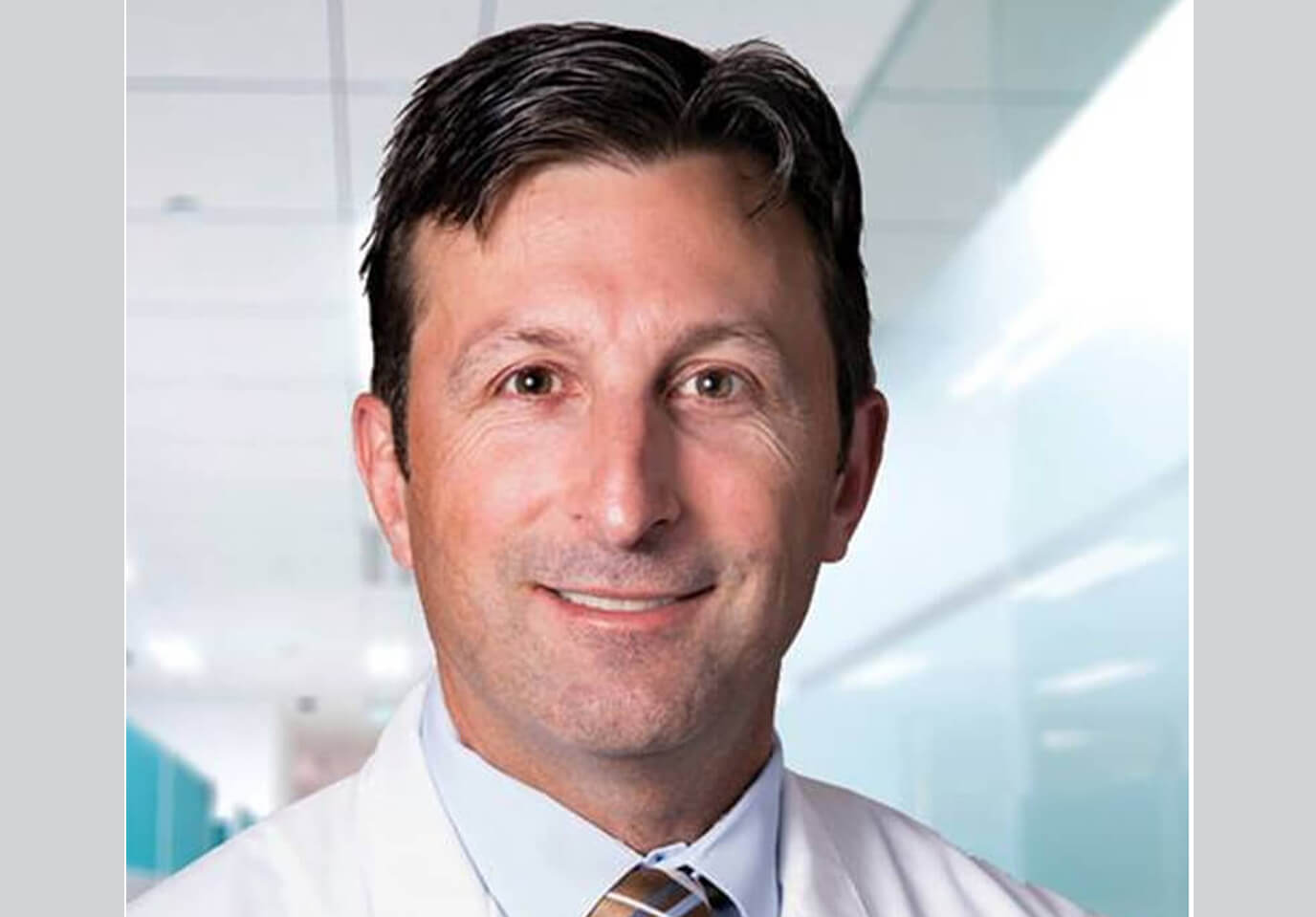
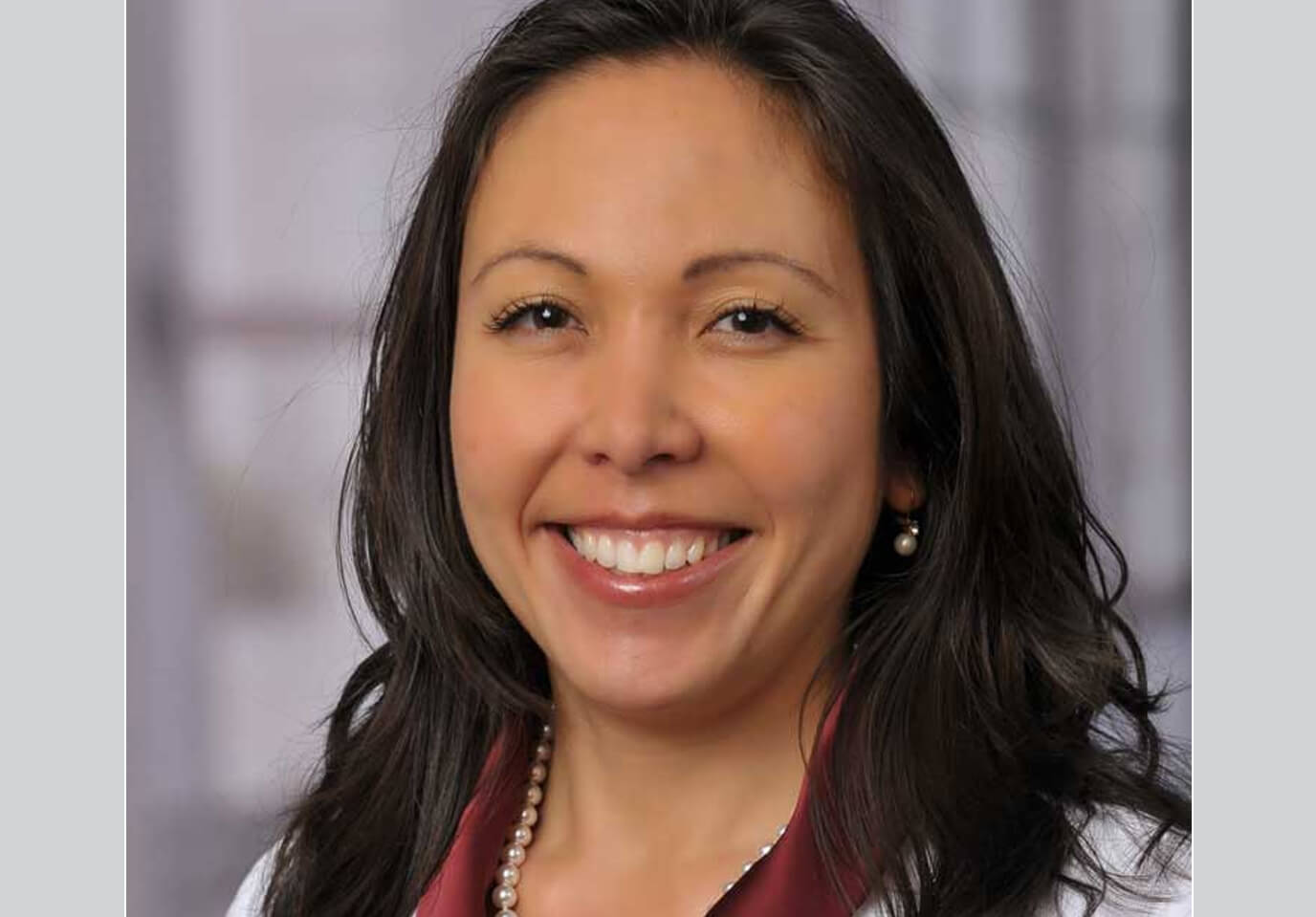
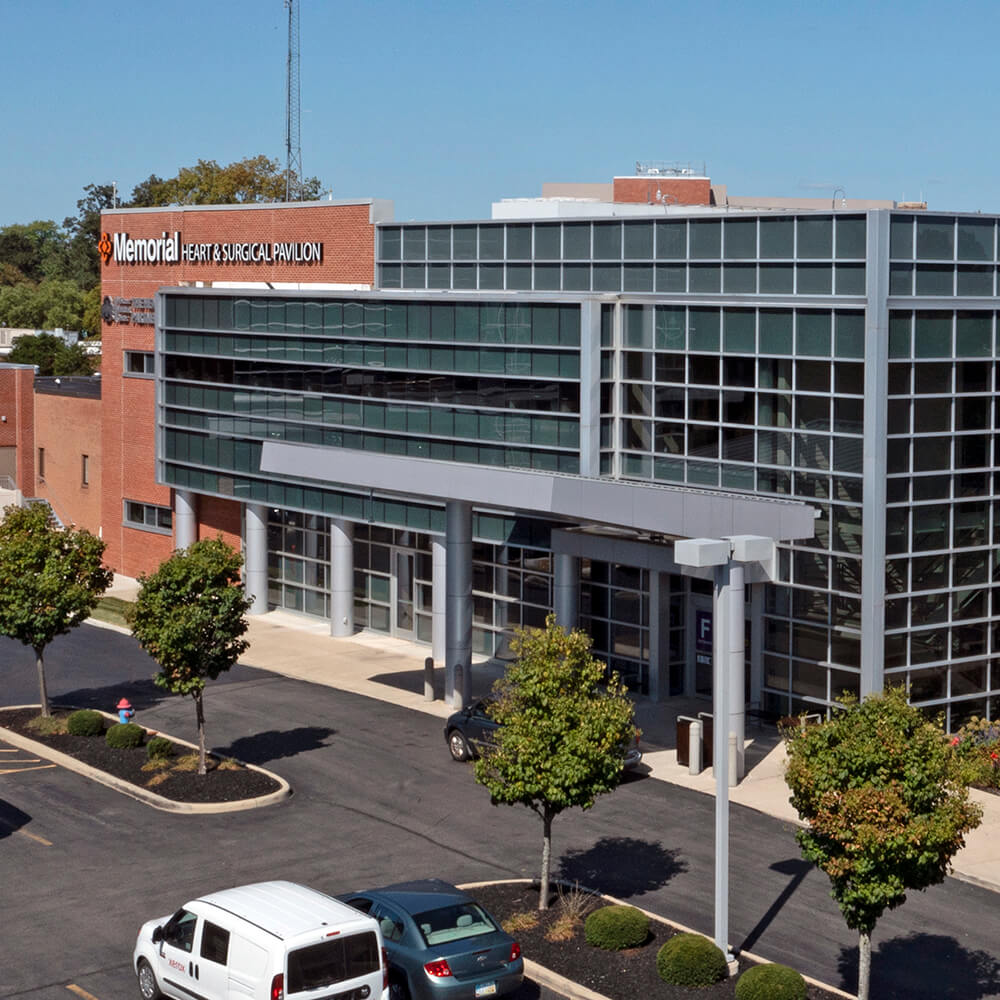

 Wednesday, April 8, 2026
Wednesday, April 8, 2026

